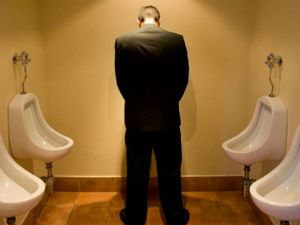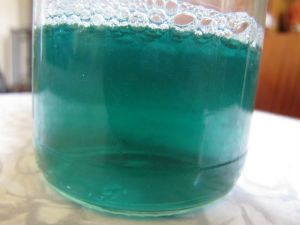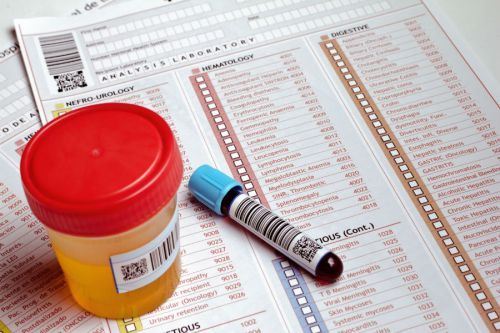During sleep kidney function slows and therefore, the filling of the bladder is much slower, so the desire to its emptying does not appear or does not exceed one trip to the toilet during the night.
At night, the human body and all its systems are in a state of maximum dormancy, which is necessary to restore energy reserves and rest.
Frequent urination at night can occur for a number of physiological reasons, but often this symptom is a manifestation of the disease, which is especially important to diagnose and treated promptly.
Often patients do not pay much attention to the fact that their trips to the toilet a day were much less likely, while the night urine output has increased several times. This occurs as long as the clinical picture is not joined by other unpleasant symptoms, or bladder emptying night deprives a person of sleep and rest.
The mechanisms responsible for the processes of urination
In norm a large part of daily diuresis is necessary for the daytime period (while awake), due to the hormonal influence of the hypothalamic-pituitary system, as well as the heart and kidneys.
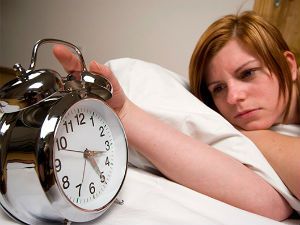
The main factors influencing the excretion of urine in humans and its ultimate scope, will include:
- the secretion of the hormone vasopressin cells of the hypothalamus, which reduces the amount of urine (at night, it is the greatest synthesis, that’s why the desire to urinate during this period is much less);
- the heart muscle, due to which every second is a movement of blood, filtration through the glomerular apparatus of the kidneys in which the urine is formed (at night the heart rate decreases);
- the kidneys (filtration and reabsorption are more active in the daytime).
The process of urination is under constant control of the Central and autonomic nervous system and is a fairly complex mechanism, consisting of different levels of regulation
In medicine, frequent urination in the night, termed “nictoria”. It is a symptom of various cardiovascular, renal diseases or other pathological conditions.
Process variants
Frequent urination at night may occur in two clinical variants:
- temporary (for example, in patients receiving diuretics or after the relief of hypertensive crisis);
- a permanent form of nocturia (due to organic lesions, for example, if prostate cancer or other diseases).
The main causes of the pathological state
If frequent urination occurred in a patient for the first time, with no other complaints, and its standing is satisfactory, then the status reason can serve as a quite “natural” causes, such as:
- a large amount of fluid you drink for several hours before bedtime, or eating before bed foods such as watermelon, melon, cranberries, lingonberries and others;
- sleep in a cool room, without a blanket or with the window open, which encourages people to repeatedly go to the bathroom at night;
- the dream drugs with a diuretic effect;
- late in gestation, when there is maximum pressure on the bladder from the uterus.
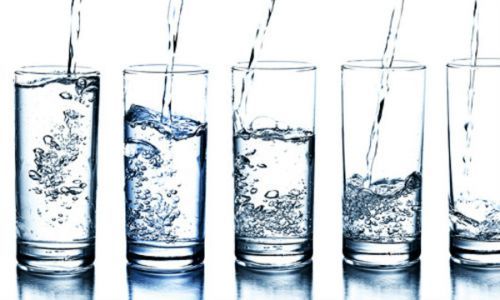
Episodes of nocturia can be associated with a large amount of fluids consumed before bedtime
Unfortunately, quite often nocturia is associated with impaired in the work various organs and systems of the body, namely:
- the defeat of the prostate in men (BPH or its malignant degeneration), resulting in impaired patency of the urethra, bladder wall irritated even minimal accumulation of urine, which returns to its lumen;
- failure of the heart, which is manifested daily by edema and reduced urine output and night, on the contrary, there is a decrease in edema syndrome and frequent urge to urinate (from the tissues of leaves accumulated per day fluid);
- kidney disease (acute or chronic form of glomerulonephritis, pyelonephritis, cystitis and others) in which there is excessive vasodilation in the night period, as it reduces the load on them;
- diabetes or diabetes insipidus (occurs dehydration and constant desire to drink liquids);
- the weakness of the muscular-ligamentous apparatus of the pelvic floor, which leads not only to uchenomu nighttime urination in women, but also they have incontinence of urine;
- cancer processes in the urinary tract are of different origin.
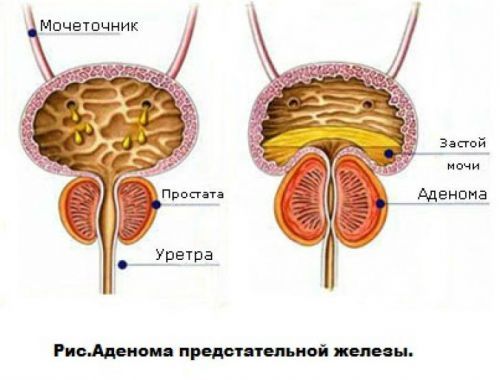
In men with increased nocturnal urination primarily exclude adenoma of the gland
The symptoms of nocturia
Frequent night urination, during its long existence, is characterized by the following clinical manifestations:
- the desire to urinate occurs mainly at night, with the volume of urine is sometimes very poor;
- disrupted sleep process, which causes the condition as insomnia;
- there is a constant feeling of fatigue, apathy, malaise, reduced ability to work;
- reduced memory, deteriorating mental abilities, etc.
Patients with nicturia become irritable and quick-tempered, can become depressed
In addition, frequent urination at night can be combined with other unpleasant symptoms that need to pay attention to:
- bladder emptying is accompanied by a very unpleasant feeling of discomfort or pain;
- the patient has to exert some effort to urinate, and sometimes even to push;
- there are pains of different localization (lower abdomen, left or right of the spine), which often are nouse-pull manner;
- patient concerned about the constant dry mouth and thirst, are poorly eliminated by the use of water;
- during the day, swelling, which increase toward the evening
Diagnosis
Every patient in whom the frequency of nighttime urination prevails over day, needs to keep a diary monitoring urine output is very important, especially for elderly patients, because they tend to forget many things.
The diary shall contain information on the number of acts of emptying the bladder, this indicates the time of going to the toilet, the volume of urine, etc.

Examining the patient, the physician should pay attention to symptoms such as the presence or absence of oedema, to assess the functioning of the heart and kidneys, produce, auscultation, percussion and palpation of all organs.
All women should undergo gynecological examination and men a digital rectal examination that will confirm or exclude the presence of pathological processes in the organs of the urogenital system.
Due to the rectal examination can early detect prostate cancer
Laboratory and instrumental diagnostics includes the following methods:
- General analysis of blood and urine;
- urine on Nechiporenko (if you suspect the infectious nature of the process);
- urine in General (allows to assess the concentration ability of the bladder, volume of urine during the day, etc.);
- seeding of the urinary sediment on nutrient media for the identification of microflora and determination of sensitivity of microorganisms to antibacterial preparations;
- determination of the hormone vasopressin in the blood serum;
- Ultrasound of the urinary system, pelvic organs and the prostate gland in men;
- cystoscopy and other examinations on readings (CT, MRI, etc.).
Clinical management of patients with frequent nighttime urination
Before proceeding to the treatment of nocturia, it is necessary to understand why there was this unpleasant symptom.
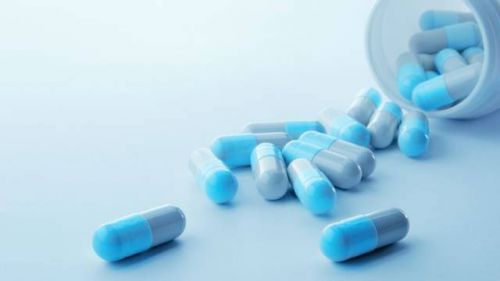
The approach to the treatment of patients should wear the etiologic focus, which is to conduct the following activities:
- correction water load during the day, it is desirable to drink water no later than 2-3 hours before bedtime;
- with proven prostate cancer are treated with antagonists of alpha 1-adrenergic receptors, which are able to affect the growth of the site.
- if profuse urination in the night is due to the presence in a patient of diabetes, the therapy of antidiabetic drugs and insulin;
- eliminate mental disorders sedatives, tranquilizers, or other antipsihoticalkie medicines.
Nicturia “cardiac” origin treated with adequate doses of antihypertensive, nitratsoderzhaschie, antianginal drugs and other
When it comes to the progressive growth of the adenoma, it is important to resort to surgery and do the appropriate operation. Also in the fight against nicturia apply folk remedies. Recommended to eat grain, lentils, sesame seeds and fenugreek, spinach, etc. However, without primary treatment, such therapy is ineffective.
Among the physiotherapeutic methods of treatment widespread methods of massage and aromatherapy, which help the patient to relax and move from unpleasant thoughts.
Prevention
Unfortunately, problems with urination can occur at any age and gender, so there are a number of measures aimed at the prevention of this disease:
- it is important to promptly conduct a survey to diagnose any disease, as well as time to treat them;
- men after 45 years need to be annually examined for adenoma;
- women need to be annually observed at the gynecologist, and if you suspect a weakness of the pelvic floor muscles to carry out daily workouts for strengthening them;
- recommended to give up all bad habits (alcohol, tobacco and other);
- you need to gradually strengthen the body, to lead an active lifestyle doing sports, lead a healthy lifestyle.
Unfortunately, many patients underestimate this symptom is nocturia, particularly in the early stages of its manifestations. However, this state requires mandatory diagnosis and treatment, so you can not postpone your visit to a specialist.

